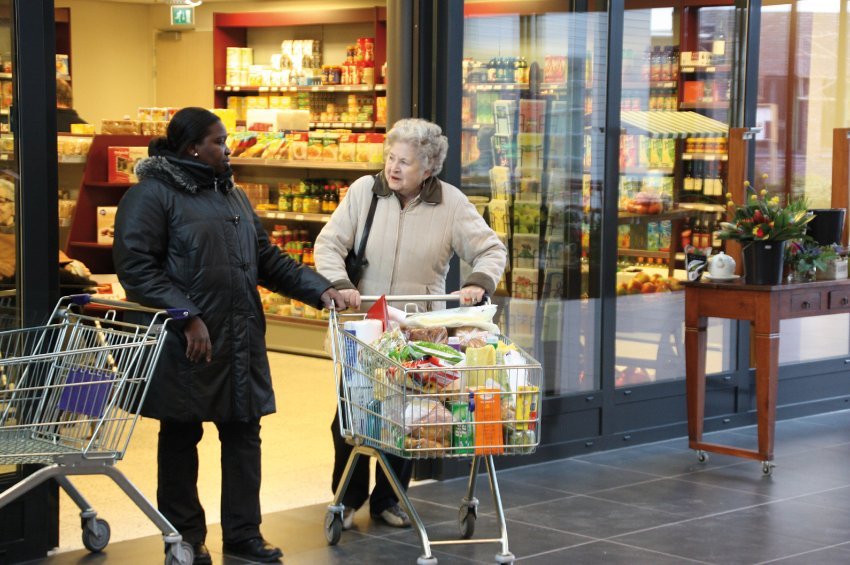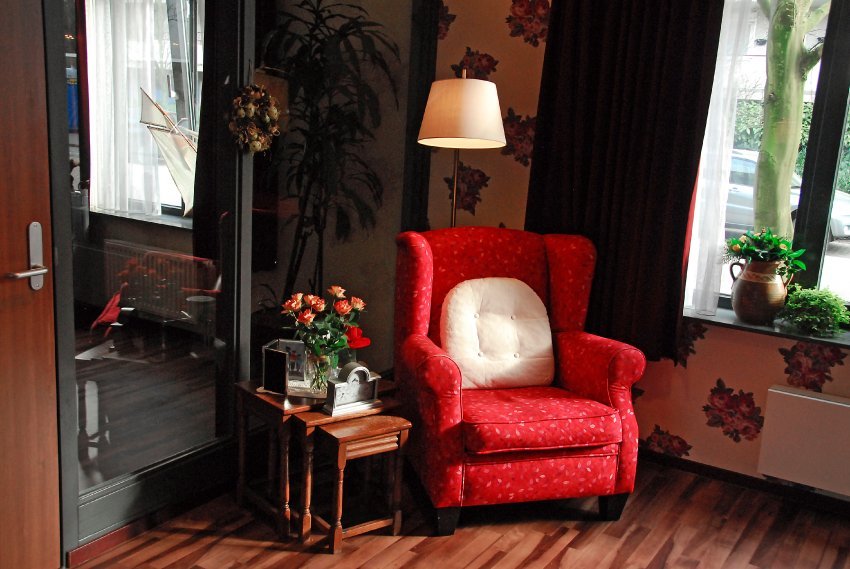 It is estimated that 35.6 million people worldwide currently suffer from dementia. This number will double by 2030 and more than triple by 2050. That’s according to the latest estimates by WHO. Unlike many diseases though, we can’t simply throw more money at it and hope to find a cure. Whilst it may and hopefully will be possible to find solutions for Alzheimers its unlikely that dementia itself will ever be cured as to a large extent its part of the process of aging.
It is estimated that 35.6 million people worldwide currently suffer from dementia. This number will double by 2030 and more than triple by 2050. That’s according to the latest estimates by WHO. Unlike many diseases though, we can’t simply throw more money at it and hope to find a cure. Whilst it may and hopefully will be possible to find solutions for Alzheimers its unlikely that dementia itself will ever be cured as to a large extent its part of the process of aging.
A bigger question becomes how we deal with it with compassion – not only for those who have dementia but for their carers and families.
That’s where a new Swiss initiative looks like it might hold so much promise. What they’re doing is creating an entire village which is an aged care facility and taken it back to the 1950’s – a time when most of dementia patients remember – just outside of Bern.
In many respects its will be like a normal village circa 1950 with street signs, front gardens to work in and little garden gnomes to talk to, a restaurant, beauty parlor and supermarket. Its planned for 150 men & women who live there suffering from serious dementia – all of whom can move around freely in the village but obviously can’t leave. Care givers integrate into the community as gardeners, hairdressers, sales people and the like. So if someone gets lost, a friendly villager simply shows them home. If an old duck rocks up at the restaurant without her purse its not a problem, she still gets her tea & cake (or whatever the Dutch equivilent is). The police aren’t called if one of the resident’s shoplifts from the supermarket and if someone accidently gets 24 cans of spam, its returned by a carer quitely the next day.
 The development cost is around $25million USD give or take and its expected to open around 2017.
The development cost is around $25million USD give or take and its expected to open around 2017.
Its based on a similar, though smaller scale, trial project in the Netherlands called Hogeway. Hogeway houses around 100 residents who each pay 4k euro per month to live there, covered by the Dutch health insurers as the cost is comparable to other care options in terms of cost. They don’t have seperate homes as planned in the Swiss village but other than that the concept is similar. Hogeway too adopts a model where the “reality” of the patient is respected and adjusted to rather than trying to force the elderly to adjust. Experience at Hogeway has suggested that this not only reduces the incidence of sundowning, depression and sleep problems (and hence drug dependence) but its there’s also some evidence that memories are holding up a little better without the stress of trying to “face reality”.
The whole idea has its supporters and detractors. Those who have severly criticed the idea, not surprisingly, include those running traditional aged care facilities who believe its disrespectful to the elderly to “pander” to their delusions – essentially believing its more important they come to grips with the fact they’ve lost it (my paraphrasing).
Personally I think its a terrific idea and certainly something worth trying. Who knows if it will work but evidence suggests it just might help even a little bit and that can’t be a bad thing.



